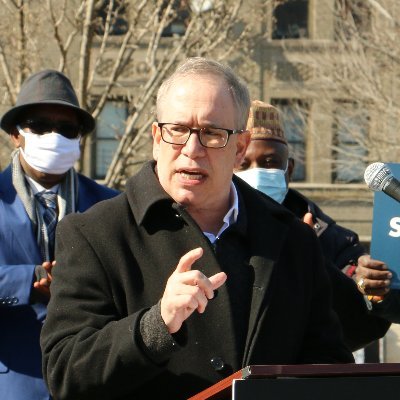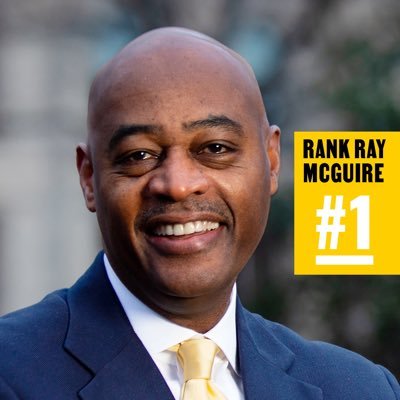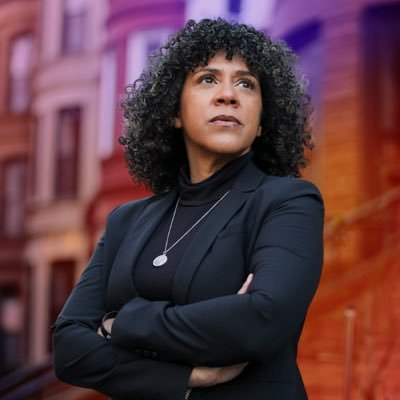Verification on Twitter and Facebook hurts Black candidates for New York City mayor
June 21, 2021, 8:00 a.m. ET
With just one day remaining in the New York City mayoral primary, some candidates enjoy a privilege that is not shared by all: verification on social media. For first-time candidates, the difficulty of receiving verification can put them at a disadvantage that remains out of their control.
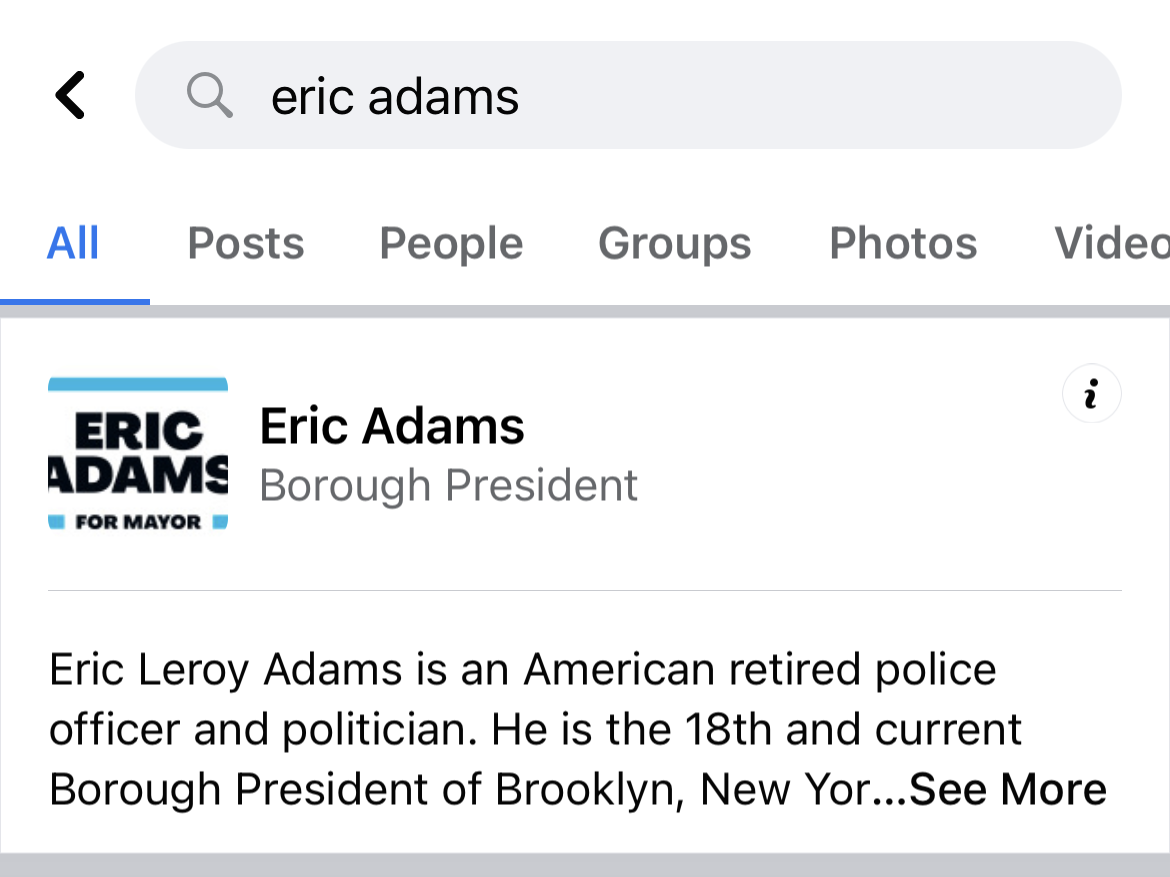
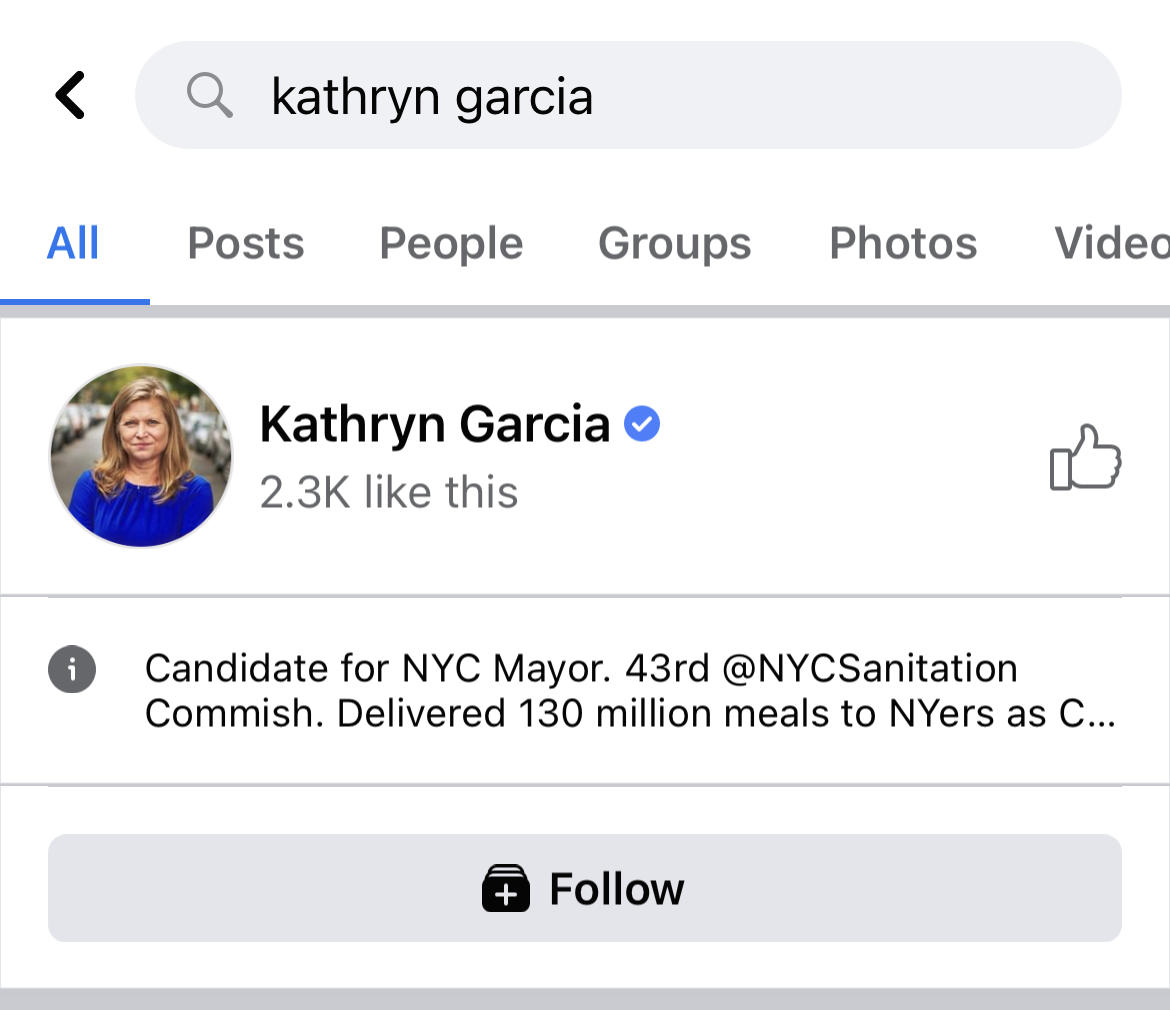
The idea behind verification is simple: social media platforms can add a symbol, usually a blue checkmark, to indicate an account’s legitimacy. The feature helps users distinguish the verified accounts of their favorite celebrities and politicians, which are featured more prominently throughout the app, from imposter or parody accounts. However, although Twitter now lets users apply for verification, candidates are only eligible if they are running for “state- or national-level public office,” unless they meet another criterion. On Facebook, the verification process remains shrouded in secrecy.
This poses a problem for political upstarts. Near the end of 2019, The Intercept reported on how Twitter was giving an advantage to incumbents by failing to verify primary challengers. In response, Twitter published a new set of guidelines establishing rules for House, Senate, and Gubernatorial candidates seeking verification on the platform. According to the guidelines, all candidates who qualified for a primary ballot in one of these elections would receive verification on Twitter. These candidates were tracked by Ballotpedia, a nonprofit organization that maintains information about federal, state, and local politics.
However, these guidelines left out many important elections, such as those for district attorneys, public advocates, and mayors. While it’s difficult to say which races deserve verification, The New York City mayoral election has received more visibility than many of the congressional and gubernatorial races that Twitter pledged to cover. Candidates have received endorsements from established political figures from across the country, such as Elizabeth Warren, Senator of Massachusetts, and John Hickenlooper, Senator of Colorado.
Facebook, another platform on which every frontrunner has an account, has published no clear policies about verifying primary candidates. Of the eight frontrunners, only three candidates are verified on both Twitter and Facebook.
Is your candidate verified?
 = verified on Twitter
= verified on Twitter
 = verified on Facebook
= verified on Facebook
* Polling averages from racetothewh.com
None of the four Black candidates for mayor are verified on both platforms. Both Black women are unverified on Facebook, and the only candidates without verification on Twitter are Black. Dianne Morales, a candidate for mayor and former nonprofit executive who was verified on Twitter just seven weeks ago, remains unverified on Facebook. In an email to me, Morales said, “It is time for all the social platforms to acknowledge women of color as viable candidates and stop placing barriers to the verification process.” She continued, “Social media platforms need to not create roadblocks for candidates of color who may be first-time candidates.” Morales says requests to Facebook have been unsuccessful in seeking verification for her campaign’s Facebook page.
These inconsistencies in verification lend outsize influence in an election to social media platforms. While follower counts and engagement metrics are largely democratic measures of a candidate’s support, verification is determined by unknown teams at Twitter and Facebook, which essentially allows the platforms to cast a vote of their own. It also remains unclear what prevents Twitter from verifying candidates in more races. Ballotpedia, the organization Twitter partnered with to track candidates in 2020, tracks candidates for local elections as well.
The Intercept recently reported that legislation could be used to guarantee verification to candidates running for office. Alex Howard, director of the Digital Democracy project, proposed to The Intercept that the Federal Election Commission, which regulates political advertisements and campaign finance rules, could publish guidelines on verification as well. However, Howard said this is unlikely to happen without a push from Congress or the White House.
Despite not having verification from either platform, Eric Adams has held his lead in most polls over the last two months. Some might argue that Adams, a former police officer who has largely built his support among working class voters from outer boroughs, has little to gain from a stronger online presence. But would the race look the same if Twitter and Facebook gave him and other candidates the same verified status? How much does a candidate’s online presence sway voters? The answer to these questions remains to be seen.
Twitter did not respond to multiple requests for comment.






